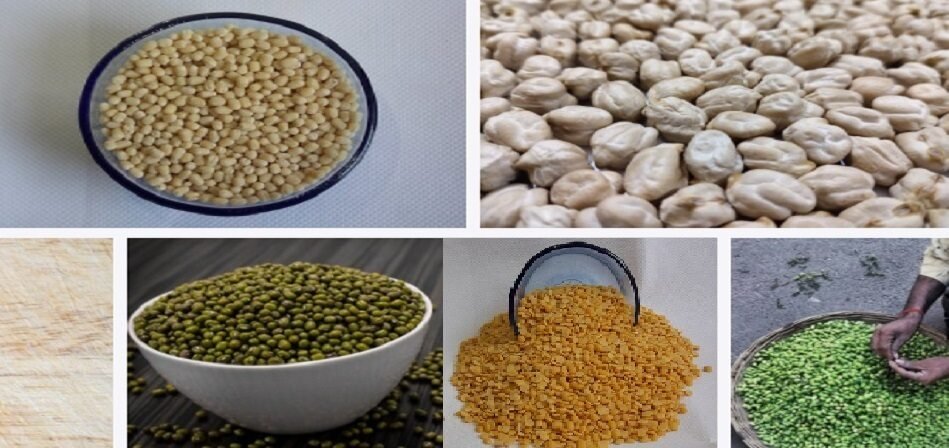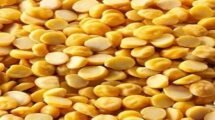The pulses trading industry is concerned whether the government’s stock holding ban on pulses, which was set in July to curb food price rise, would be extended. The stock holding limit order was in effect until October 31.
The government imposed a stock limit on pulses and cooking oils as part of a package of policies aimed at reducing food price inflation.
Also Read: India world’s largest producer of pulses adds nearly 24% to global production
The central government’s primary price control policy initiatives, such as the ban on chana trading on the National Commodity & Derivatives Exchange Limited (NCDEX), the opening of imports, and the implementation of stock limits, have an impact on pulse prices. Tur, chana, urad, and Masur have stock limits until October 31.
‘With the exception of lentils, all other pulses are trading at or below Minimum Support Price (MSP),’ said Vivek Agarwal, director of JLV Agro.
Festival impact
During the festival season, the price control measures had an impact on overall demand and price movement. Demand for chana dal, which is used to make a range of Diwali sweets and savories, was strong in the processing business, but demand for tur dal was slow.
‘Festival demand barely lasted about a fortnight, and volumes were significantly lower. Everyone, including retail customers, is buying on a whim,’ said Nitin Kalantry, a pulses processor from Maharashtra’s Latur.’Trade participants are dissatisfied and unwilling to trade.’
With the upcoming Assembly election in Uttar Pradesh, trade participants believe the government would maintain pricing controls. The central food secretary asked the Uttar Pradesh government on November 2 to ‘review and revise the state government’s directive so that the supply chain is not disrupted and no oil shortage is created.’
Stock limits
‘The food ministry has been receiving concerns from various stakeholders over the state governments’ stock limits, which appear to be insufficient,’ said Sudhanshu Pandey, secretary (food), in a letter to Uttar Pradesh’s chief secretary.
Also Read: Rs 2,700Cr for PSF to create buffer stock of onions and pulses
Pulses’ prices are predicted to stay under pressure as the market’s supply remains stable. ‘The supply side is good, Agarwal said, which may keep prices stable at current levels for the next few months.’


















Add Comment